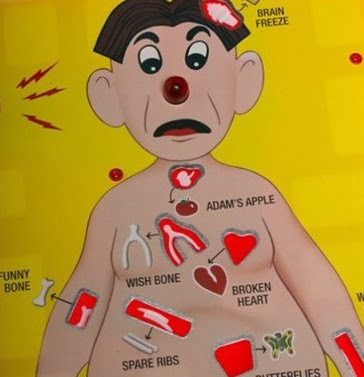I have been busy with work lately, not sleep under my desk busy, but busy enough where I don't have a lot of spare time to think about what to eat at home. It is not like when I have lots of spare time I am a wonderful chef who makes home cooked meals for the neighborhood but I can get a protein, vegetable, and a starch on the table pretty consistently. For the first three weeks of my new job my husband has been handling almost all of the home duties and when it comes to food that means we had eaten a wide variety of fast food for three weeks straight. I was starting to feel like the guy from Supersize Me, so I finally ventured to the grocery store. I have found that when I have a large number of decisions to make at work, facing the infinite number of possibilities at the grocery store makes my head feel like it is going to explode. Instead of picking fresh food that would require me to figure out what to do with it I gravitated towards the dangerous middle aisles, where there are pictures of completed meals on the box and numbered directions on how to make it happen. At 9pm on a Tuesday night at a grocery store, numbered directions start looking pretty attractive. The next night when I cooked my "1-2-3" meal I noticed that it had a very unappetizing grey color and it had a nice chemical aftertaste. That's when I remembered that work-life balance isn't an option, it's a necessity.
I have no false illusions that I will be running a board meeting, speaking at a conference, and then cooking a three course meal for dinner but I can do a better job of using the same strategic planning that I use to decide what I need to accomplish for the week at work, at home. I can set broad goals about the sort of food I would like my family to eat and how we spend our time together. I can also celebrate those successes at home the same way I celebrate those successes at work with staff. The hard thing about being a parent or a partner is that you don't get performance reviews to tell you that you are doing a good job. You need to figure out what let's you know you are doing a good job, is it well adjusted kids, a happy partner who says nice things about you to their friends, or a family without scurvy? Then enjoy those successes.

